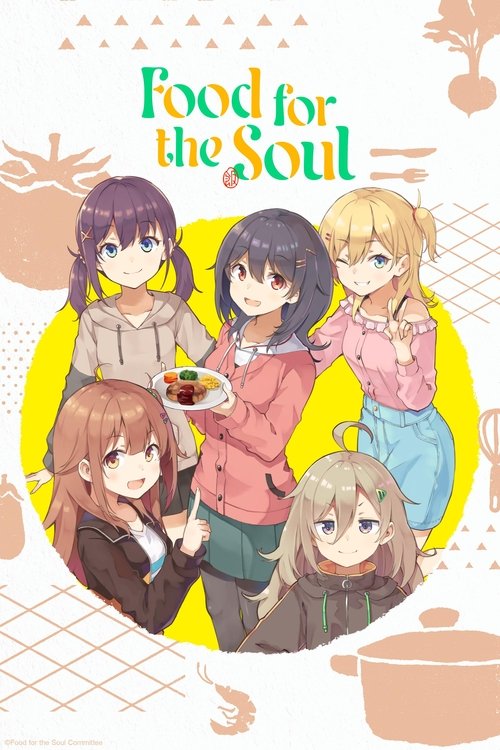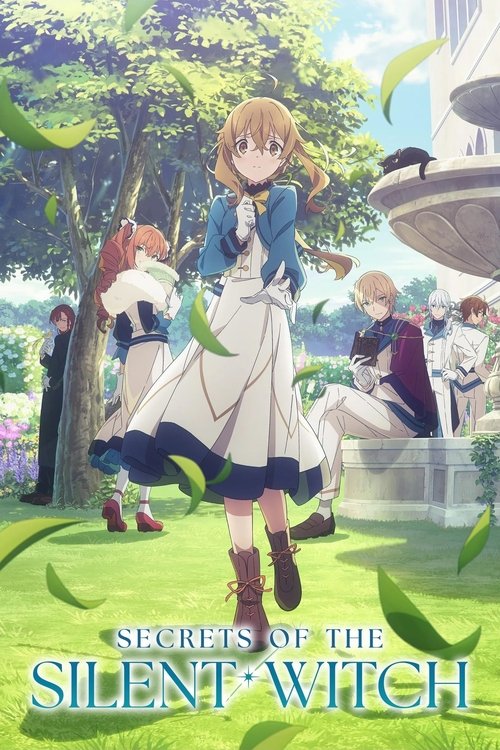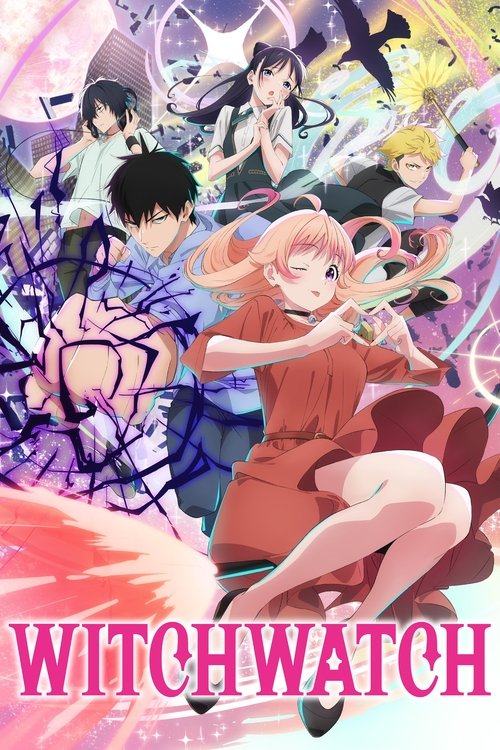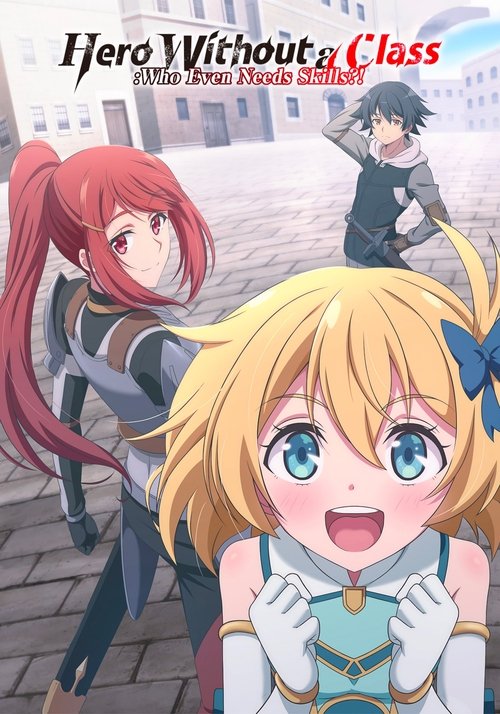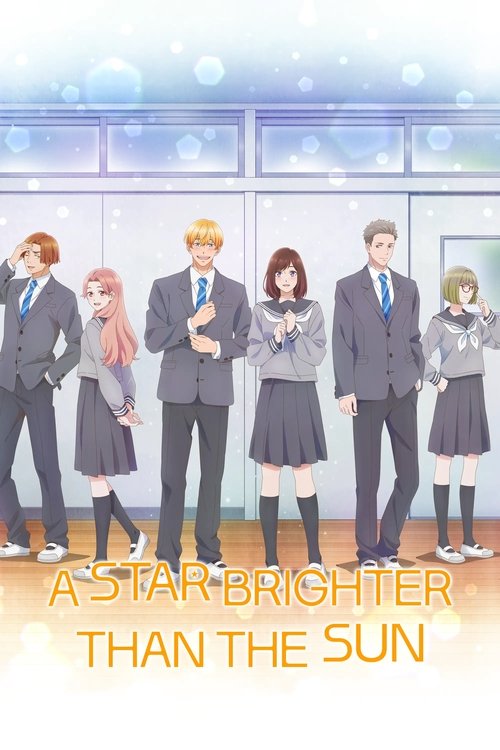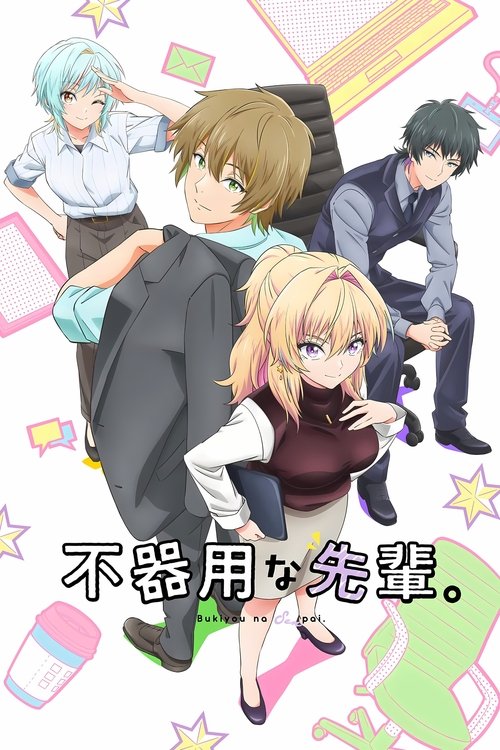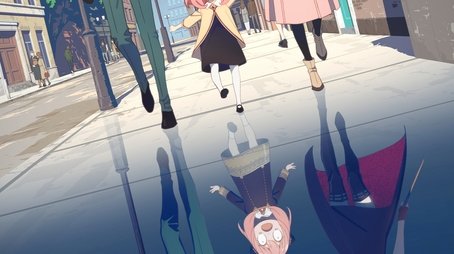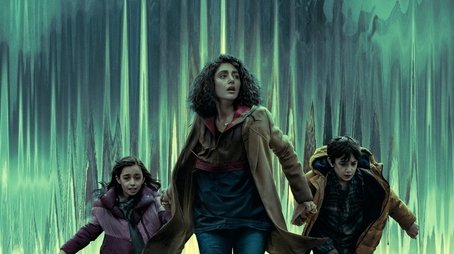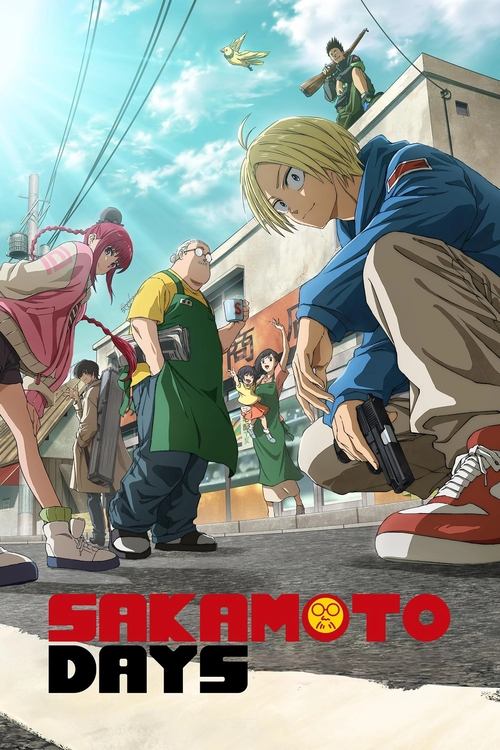
Ask Your Own Question
What is the plot?
University student Mako Kawai is living a quiet life when she is unexpectedly invited to join a new club at her university called the Food Culture Research Club. Initially hesitant, Mako accepts the invitation, and the club is formed with several other girls who share a love for delicious food and university life. However, the club is not quite what Mako expected it to be.
The club members are soon told that they must hold an activity to showcase what their club is about or face disbandment. This prompts Mako and the others to plan an event to demonstrate their passion for food and their club's purpose.
On a weekend outing, the club members decide to go out together, but a problem arises when Shinon's money for the trip disappears. This causes tension and requires the group to address the issue to continue their plans.
After a German class, Mako accidentally bumps into a girl who appears intimidating. Later, this same girl unexpectedly shows up at the club room, creating an awkward and tense situation that the club members must navigate.
Kurea and Shinon obtain their driving licenses, and the club decides to go for a drive to celebrate. However, the drive takes a dangerous turn when they end up on the freeway, leading to a stressful and potentially hazardous situation that tests their composure and teamwork.
Mako experiences difficulty fitting into a new skirt that her friends picked out for her, despite it being her usual size. Upon returning home, she realizes she has gained weight and begins to refuse snacks at the club room over the following days. When the rest of the club finds out, Nana invites Mako to the gym to help her get back in shape, with Tsutsuji joining on Kurea's order. Kurea and Shinon cannot join because they are tasked with writing an abstract for their club, which has been chosen to be part of the university's showcase.
After sufficient progress at the gym, Mako's new skirt finally fits her again, but she continues to diet excessively and goes to the club room exhausted after a morning run. Seeing this, the other girls treat Mako to a meal at a hamburger chain, where Kurea and Shinon take photos required for their showcase. At the end of the meal, Tsutsuji advises Mako to eat and exercise in moderation, emphasizing balance.
Throughout the season, the club members bond over their shared love of food, face personal challenges, and work together to keep their club alive while preparing for the university showcase. The season concludes with the club successfully presenting their activities and the members growing closer through their experiences.
What is the ending?
The ending of Food for the Soul Season 1 shows Mako confidently visiting a Chinese restaurant recommended by Mokotaro, symbolizing her personal growth. The main cast then gathers on New Year's Eve to clean out their clubroom, echoing their first meeting, before relaxing together and sharing a meal, marking a warm and reflective closure to their journey.
Expanding on the finale scene by scene:
The episode opens with Mako stepping into a Chinese restaurant alone, a callback to the very first episode where she was too shy to go out by herself. This moment highlights her development from anxious to self-assured, as she orders food independently, showing her growth in confidence and independence.
After the opening sequence, the scene shifts to New Year's Eve, where Mako joins the other members of the Food Culture Research Club in cleaning out their clubroom. This activity mirrors the initial episode when they first acquired the room, creating a full-circle moment. During the cleanup, familiar dynamics reappear: Kurea takes charge to keep everyone focused as they begin to goof off, and Mako finds Shinon's walking stick, which Shinon never ended up using, adding a touch of humor to the scene.
Once the cleaning is done, the girls settle into the kotatsu, a traditional heated table, and lazily rest together. This cozy, intimate moment is punctuated by their reluctant decision to get up and go out for dinner, emphasizing their close bond and the comfort they find in each other's company.
Regarding the fate of the main characters at the end:
- Mako has grown significantly, overcoming her initial anxiety and becoming more independent, as shown by her solo visit to the restaurant.
- Kurea continues to be the responsible, organizing force within the group, ensuring the club stays on track.
- Shinon remains somewhat absent-minded or carefree, as indicated by her unused walking stick.
- The group as a whole remains close-knit, sharing traditions and meals, symbolizing their enduring friendship and shared experiences.
The finale uses these scenes to emphasize themes of personal growth, friendship, and the comfort found in shared food and moments, closing the season on a warm, nostalgic note without introducing new conflicts or dramatic twists.
Related Titles
Browse All Titles →Is there a post-credit scene?
For the TV show titled Food for the Soul, season 1 (2025), there is no available information indicating the presence of a post-credit scene. The search results include detailed descriptions of post-credit scenes for other titles but do not mention any post-credit content for Food for the Soul season 1. Therefore, it appears that Food for the Soul season 1 does not have a post-credit scene.
What role does Mako Kawai play in the Food Culture Research Club and how does her background influence her involvement?
Mako Kawai is a first-year student who joins the Food Culture Research Club as its fourth member, enabling the club's official approval. She works night shifts at an inarizushi bar and has cooking expertise from her childhood experience and from watching Mokotaro's channel. Mako conducts most of the cooking under the club's name, helping the club stay within its remit.
How does Kurea Furutachi contribute to the Food Culture Research Club and what is her relationship with Mako?
Kurea Furutachi is one of the club's initial three members and serves as the deputy leader. She helps out at her mother's family restaurant, which Mako had passed by before learning of Kurea's connection. Kurea encouraged a shy Mako to try her restaurant before Mako joined the club. Within the club, Kurea assists Mako with cooking and is the most level-headed and responsible member, making key leadership decisions.
What is the significance of Shinon Ogawa in the story and how is this character portrayed?
Shinon Ogawa is another main character in the series, with a dedicated character trailer released. He is a childhood friend of Mako and nicknames her 'Makocchi.' His relationship with Mako is significant as it influences her social interactions and involvement in the club.
What challenges or unexpected elements does Mako face upon joining the Food Culture Research Club?
Although Mako accepts the invitation to join the Food Culture Research Club, it turns out the club is not quite what she expected. This suggests that Mako encounters unforeseen challenges or dynamics within the club that affect her experience.
Who are some of the other key characters in Season 1 and what roles do they play?
Other key characters include Nana Hoshi, Tsutsuji Higa, Mayumi Ohta, and Mokotarō. Nana has a character trailer released, indicating her importance. Tsutsuji is another friend who also uses the nickname 'Makocchi' for Mako. Mokotarō runs a channel that Mako watches for cooking tips. These characters contribute to the social and culinary environment of the story.
Is this family friendly?
The TV show "Food for the Soul," season 1 (2025), is generally family friendly and suitable for a broad audience, including children and sensitive viewers. It is a slice-of-life anime focusing on the daily lives of five college girls who enjoy food, friendship, and university life, with a warm and lighthearted tone.
However, there are a few potentially sensitive aspects to be aware of:
- Mild themes related to dieting and body image concerns, as one character is shown dieting and exercising to fit into a skirt, which might be sensitive for some viewers.
- Occasional mild language or social situations typical of college life, but no explicit content or strong violence is noted.
- No significant violence, gore, or frightening scenes are reported.
- No notable sexual content or nudity is indicated.
- The show features alcohol consumption in social settings occasionally, which is common in college-themed stories, but it is not a focus or depicted in a problematic way.
Overall, "Food for the Soul" is a gentle, food-themed anime with positive messages about friendship and enjoying life, making it appropriate for family viewing with minimal concerns for children or sensitive viewers.

